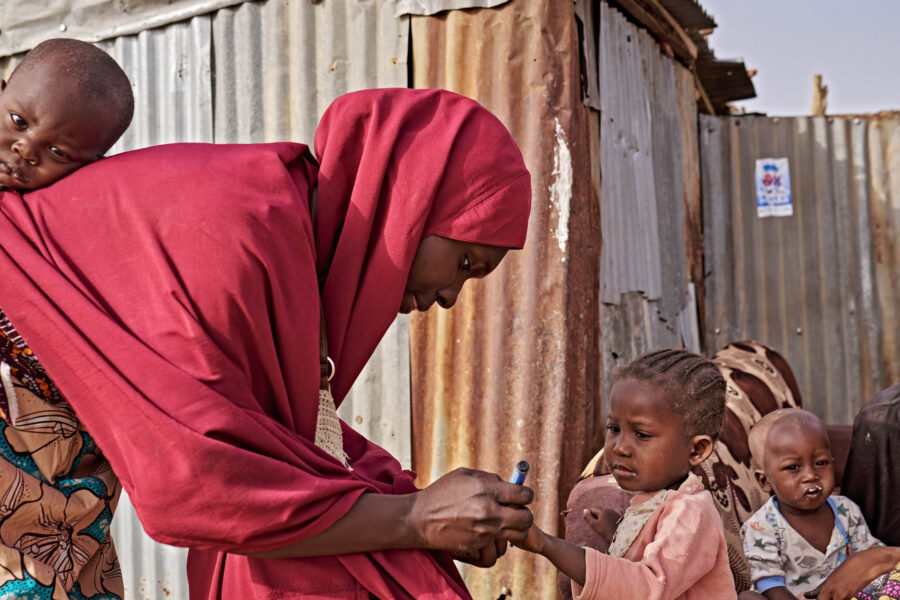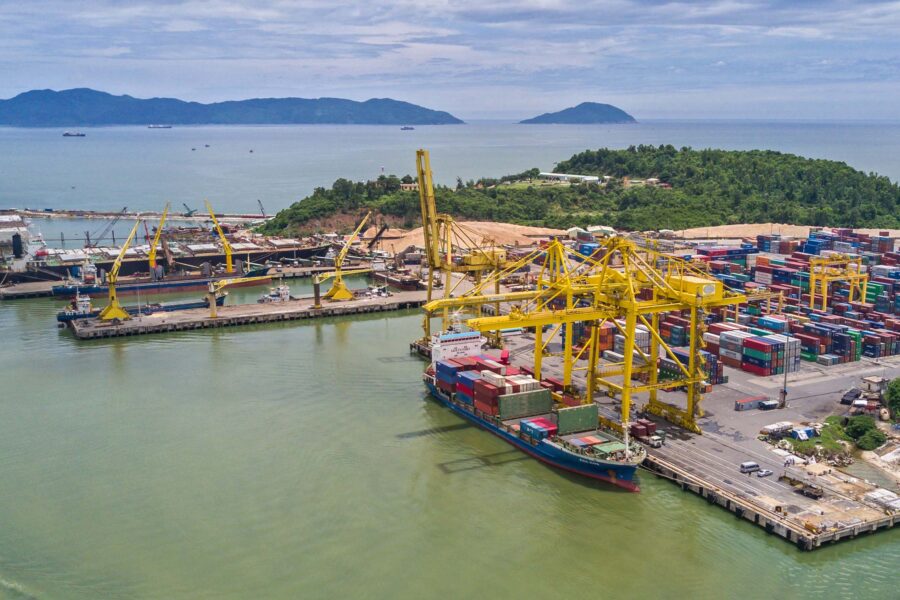Bringing transparency to sustainable finance
We’ve seen laudable commitments on sustainable finance. But numerous gaps need to be addressed before the financial system will fully play a central role in a sustainable future
Financing

The financial system lies at the heart of a sustainable future, particularly in the wake of the COVID-19 pandemic. Financial actors, including governments, central banks, financial supervisors, development finance institutions, commercial banks, asset owners, asset managers, and insurers, must work together to create a financial ecosystem that accurately prices risk and rewards sustainability, thus supporting the move towards a sustainable, net-zero future.
As economies move from relief to recovery, extensive evidence suggests that meeting the Sustainable Development Goals (SDGs) and Paris Agreement objectives could bring widespread economic, health, and employment benefits. It could also improve economic and financial stability, and reduce inequality, post-COVID. Restoring nature and biodiversity are job-intensive activities and can help regions hard hit by the economic crisis. The International Monetary Fund recently estimated the multiplier effect for green spending, including clean energy and biodiversity conservation, to be two to seven times greater than non-green spending. The Global Commission on the Economy and Climate found in 2018 that a low-carbon growth path could result in cumulative social and economic benefits exceeding USD 25 trillion between 2018 and 2030 compared with business as usual. In 2019 the Global Commission on Adaptation found that a USD 1.8 trillion investment to strengthen resilience between 2020 and 2030 could bring USD 7.1 trillion in net benefits.
But big questions still to answer
Financial actors have formed coalitions to promote sustainable finance, with many reaffirming commitments in the wake of COVID-19. However, while many of these, such as the Net Zero Asset Owners Alliance, make commitments to align finance with the Paris Agreement and SDGs, there remain important questions:
1. How do we assess the integrity of commitments and track progress towards meeting them?
Despite an accelerating pace of sustainability and net-zero pronouncements by a range of actors, there is no universally accepted framework of what robust commitments should include and against which to measure progress. Increasing integrity and accountability can be positively reinforcing. There is also currently no organization that is tracking the sustainability progress of the financial system overall, nor analyzing the impact (separately and in aggregate) of the commitments. Similarly, the many institutions that have not made commitments are also not routinely identified and tracked.
2. How do we coordinate across public and private financial actors to achieve systems-level results?
While the Glasgow Financial Alliance for Net Zero (GFANZ) initiative aims to be an overarching coalition umbrella for the private sector, there is still no multi-sectoral coalition or international forum that allows for the regular exchange of ideas and knowledge between the public and private sectors towards meaningful ambition.
3. How do we incorporate commitments and ambition on intersecting social and environmental issues that affect our ability to reach climate change goals?
Addressing climate adaptation, biodiversity and nature, pollution, just transition, and the needs of developing economies will reinforce climate change goals, but to date no action framework has effectively brought together these issues.
Framework for Sustainable Finance Integrity
Climate Policy Initiative – advised by leading personnel and organizations from each segment of the financial ecosystem, including insurers, commercial banks, development banks, asset managers, civil society, and government representatives across Asia, Africa, Europe, and the Americas – has developed a draft Framework for Sustainable Finance Integrity, outlining the necessary action that all financial institutions must begin to pursue immediately.
This framework provides a universal set of sustainability guardrails across the financial system:
- encouraging ambition to deliver meaningful sustainability and net-zero results
- contributing to a clear pathway for more coordinated action
- creating metrics against which to track progress
- reinforcing the multiplier effect these actions will have on the real economy
The framework outlines the current leading practices across financial actors in the public and private sectors and the actions necessary to deliver results as demanded by science.
Among the metrics, financial institutions should be:
Setting targets
- setting targets for net zero by 2050, with interim, science-based targets according to the Intergovernmental Panel on Climate Change’s no or low-overshoot scenarios, at latest by 2030
- setting complementary targets to support biodiversity, just transition, and climate resilience
Implementing
- implementing “whole of institution” approaches, including via mandates, governance, executive compensation, and performance management, as well as operations
- eliminating finance for new coal projects immediately and phasing out all coal finance by 2030 in OECD countries and 2040 globally
- phasing out all fossil fuel financing that does not have a credible transition plan
- dramatically increasing climate-friendly investments, especially for developing economies
- promoting net-zero-aligned climate policies and engaging proactively with clients and investees to align to net zero
Disclosing
- disclosing activities and results in line with global standards
- supporting mandatory disclosure
This is what the science, and our current situation, demands. While some of these actions will take more time to implement than others, each action above could be initiated in every organization with the right leadership and incentives.





